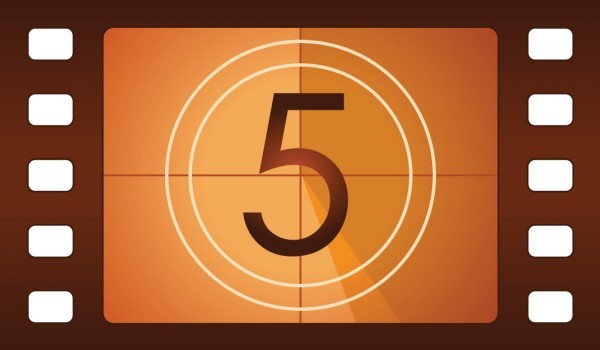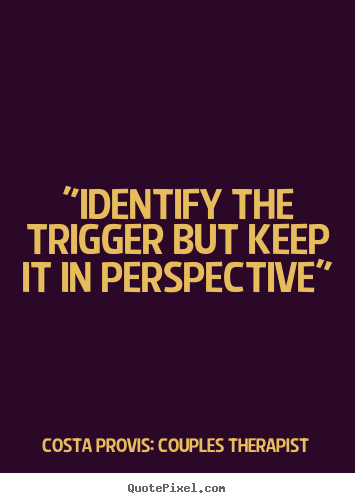Relationship Communication Tips
By: Costa Provis
As wonderful and fulfilling as they can be, relationships are hard work, and good communication is a critical aspect of a healthy relationship. However, we are all really good at making excuses to avoid communicating with our significant other, especially when we assume the conversation could be conflictual.
We tell ourselves to wait until later, or not ruin the happy time we’re spending together, but then these issues usually come out later when we’re upset and suddenly it’s a full-out battle. This cycle reinforces the idea that “talking = fighting” and we avoid communicating all that much more.
Before long we are bottling up a bunch of little unresolved things that bother us, which can easily become arguments when we’re angry or frustrated. It’s a classic snowball effect, which gets stronger over time.
One of the primary topics that pop up during marriage/couples therapy sessions with clients here at Couples Counseling Center in Chicago is – you guessed it – communications. This makes sense when you consider how important dialogue is in romantic relationships.
What follows are 5 tips that I regularly offer to clients on how to enhance communications. While not intended to be a cookie cutter approach, the points do contain universal principles.
Let’s take a look at them!
1. Be Proactive Not Reactive
Talk about your expectations and assumptions in a proactive way. An unmet expectation can quickly become a disappointment, and this can often be avoided by simply expresses these expectations and assumptions ahead of time (instead of waiting until we are disappointed).
2. Use I Feel Statements
When talking to each other, use “I feel” statements and try to express your concern or need in a non-aggressive way. By expressing ourselves this way we are not focusing on our partner’s behavior and less likely to promote defensiveness (because we aren’t blaming them).
When a person feels defensive they are likely feeling attacked in that moment, and therefore less likely to be receptive to what we have to say.
3. Identify Your Triggers
Identify the trigger but keep it in perspective. Typically we focus our communication on the actual trigger and get into arguments over trying to convince our partner to see it our way. Instead of gaining a deeper understanding of each other we end up getting further into our own viewpoint.
The key is to connect the trigger to your thought process and emotional response, i.e. your perception of the trigger. By focusing less on the trigger itself and more on the way we feel in connection to it, we really enhance our communication and feel more validated. The trigger is important, don’t get me wrong, but it’s only the catalyst to a deeper internal response.
4. Validate Feelings
Validate your partner’s feelings. After we identify the trigger and connect it back to our emotional response, the next key aspect to communication is to validate your partner. The emotional experience is the key, even if you don’t agree with how they got to it.
This is an important piece to validation, and quite often the barrier – you don’t have to agree with the rationale your partner uses to get to their emotional response, you just need to be able to validate them.
5. Empathize
Validation is made easier when we are better able to empathize with one another. Again, you don’t have to agree with the way your partner gets there, you just have to be able to get inside their shoes and try to understand it through their eyes.
A good example might be the feelings associated with “disrespect”. We all might arrive at that feeling in differing ways, but it doesn’t help us to disagree. Instead focus on what it’s like to feel that way and be empathetic to your partner.
Final Thoughts
Ultimately good communication leads to good relationships, and figuring out how to achieve good communication is critical. By using these 5 tools you will have a happier and healthier relationship. Oh and one final tip – it’s important to make time for communications to happen. See our scheduling relationship time post to learn more.
Before long talking might equal resolution, or feeling heard, or cared for, instead of a means to fighting. Positive and effective communication skills are extremely important in any relationship, and if you feel you could use a communication tune-up perhaps working with a trained professional might be helpful.
Are curious about what to expect with couples counseling, why not check out our couples therapy ultimate guide? It’s a great way to learn more about how counseling works and the best part about the guide is that it’s free!




